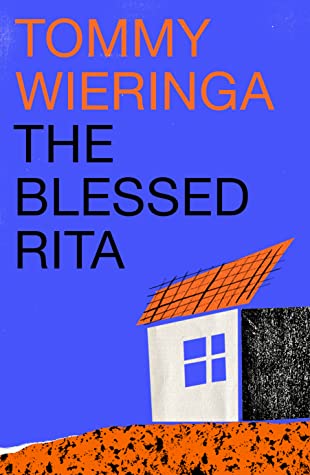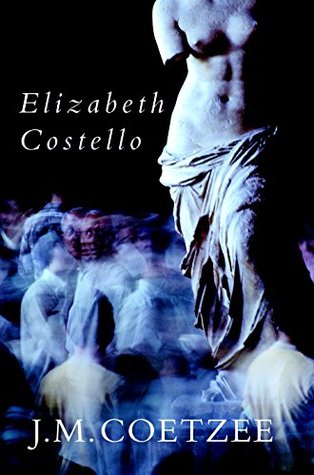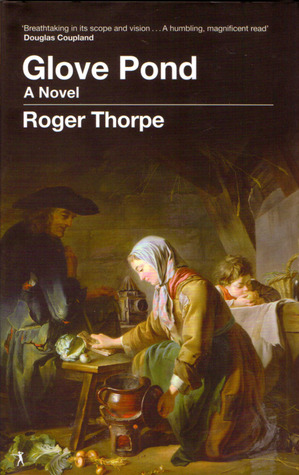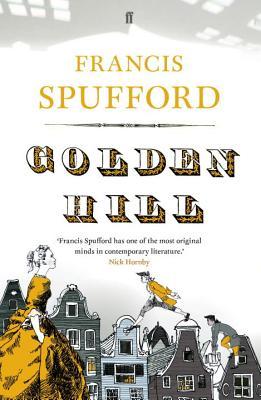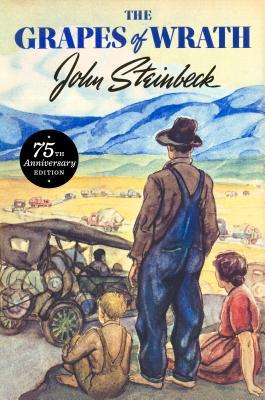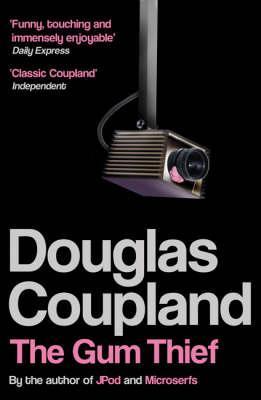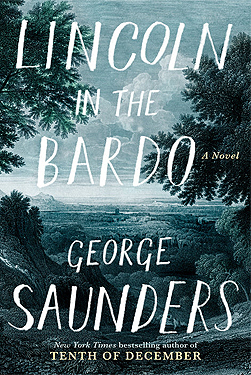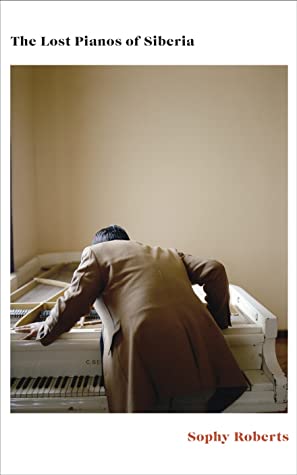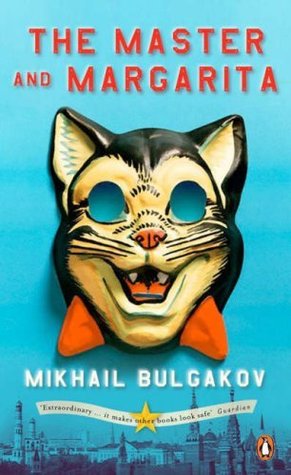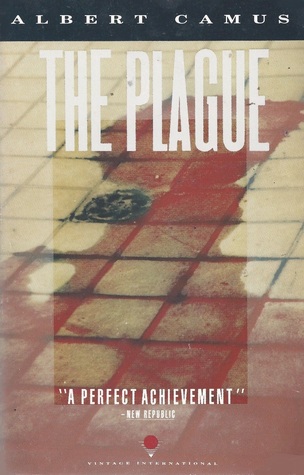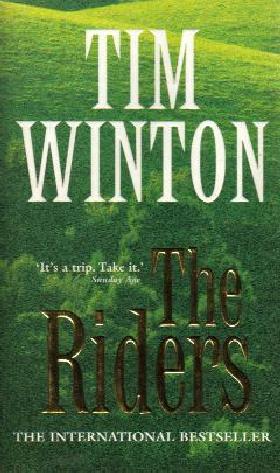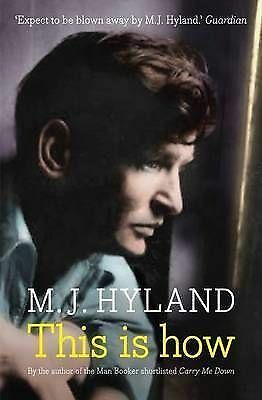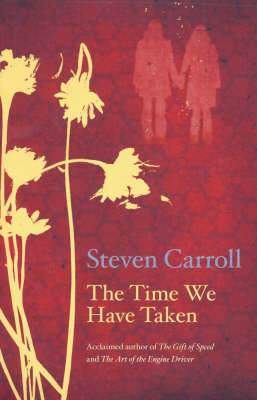The Blessed Rita – Tommy Wieringa: Having a Dutch surname, I was a little excited to read a book by a Dutch Booker longlist candidate, and the cover entranced me too. I loved how the author was unafraid to take the mood of the novel into difficult / unpopular places with themes of familial obligation, rejection of sexual compromise, fanatical loyalty to flawed friends, and encroaching mental collapse. I’ve always been interested in characters who are illogically wedded to a place or a situation, and the self-loathing, frank internal monologues of Paul were refreshingly real and believable, even if it made for glum reading at times. I’d read another of his for sure. 4 stars, and definitely not for everyone.
The Grapes of Wrath – John Steinbeck: This is the 3rd time I’ve read this book (1982, 1997 and now 2020) and it remains a powerful work, most notable for its anger about the mechanisation/outsourcing of farming, corporate encroachment on family businesses, and how without unionising, workers will be pit against each other in a race to the bottom. The humanity shown by the Joad family is breathtaking in its generosity, and conditions steadily deteriorate into a dire climax, ending with a final incredible scene. Still 5 stars for me.
Glove Pond – Roger Thorpe: A revolting exaggeration of a novella which deceived with its beautiful front cover. It was probably fun to write but really just a silly exercise. The pages are indispersed within The Gum Thief so I was able to skip those pages. 3 stars.
The Gum Thief – Douglas Coupland: An easy and fun read – never dull and always full of surprises. A series of letters between some unlikely work colleagues undergoing their own struggles. Probably really tough to write and he made it look simple. Life affirming and just what I probably needed after a few heavy books. 4 stars.
Truth – Peter Temple: Truth was a denser read than I expected, requiring some work from the reader to piece fragmented stories into a whole, but it came together pretty well in the second half. Plenty of very Australian references which made it fun, but overall more a character study of a flawed Homicide chief than a crime novel. Wasn’t super well received in my book group but I still enjoyed it. 4 stars.
This is How – M.J Hyland: Unsettling, but an easy, compelling read. An awkward young man begins a new adventurous phase of his life by the seaside in Britain, but despite his confidence, it all goes horribly wrong. A terrific book which was probably harder to pull off than it seems – I was on edge reading the dating scenes, and to have the novel turn on a sixpence before the half way mark was brave and shocking (but successful). The final scene was perfectly done too. Must read another of hers – 4 stars.
Lincoln in the Bardo – George Saunders: Nothing like what I expected (in a good way), an amazing collage of voices turned what I thought would be a dry historical book-club chore into quite an adventure. Probably not something you’d recommend to a friend, as it’s such an odd, niche book, but it was short, imaginative and original. Who knew that the scenes at the gates of St. Peters might be so dramatic. 3.5 stars.
The Master and Margarita – Bulgakov: An original, kooky book, which I probably wish I hadn’t bothered with. Who recommended this to me again? Farcical and surreal with jarring re-imaginations of the last days of Jesus and naked witches riding broomsticks. Quite a romp but I just couldn’t go with it really. 3 stars.
The Plague – Albert Camus: It was hard to not draw parallels between our milder COVID incarceration situation, but for a book written in the 40s it was surprising how little changes. People still panic and are fearful, people dare to hope and dream, and people seek our shared higher purposes when faced with adversity. The second half was a little tedious, with descriptions of exhausted and comatose health workers and conflicted potential escapees wondering what they were truly seeking. Enjoyed most of it though, but boy I’d hate to have to write an essay on the themes. 3 stars.
The Riders – Tim Winton: I’m the last person to worry about lack of a story arc or things happening in a novel and I’m glad I wasn’t too tied to the cover blurb because things went south quickly really. There’s something wonderful and unrepentantly Australian about his hardworking, ratbag character Skully, and the lack of feel good ending which dates this as a 90s book for me. And in a good way. It reads as an alarmingly visceral thriller, except there’s a repetitiveness to the second half encounters which left me occasionally frustrated and incredulous about the wisdom of his 7 year old daughter. I thought the writing was terrific, particularly the mad, whirling scenes of glimpsed fragments of his wife. Beautifully done. 5 stars, though not for everyone.
Elizabeth Costello – Coetzee: There was a lot to love about this series of chapters, each a trip to a new location by alter-ego, writer and lecturer Elizabeth Costello, but some intellectual tedium also. I wish Coetzee had left out the long transcripts of her lectures on human nature and kept describing a son’s exasperation with his willful mother, and his recognition (and acceptance) of her flaws. The book is described as uncompromising, mainly due to it’s continual references to Greek history, and to intellectual dinner conversations, which feel a little mechanical / wooden at times. So much of it was original and interesting that it still gets 4 stars from me.
The Lost Pianos of Siberia – Sophy Roberts: It’s a quirky thing to centre a book around, and it didn’t really work for me. I love pianos and I’m curious about Russian/Siberian history, but apart from 3 or 4 chapters, I found myself putting the book aside and snoozing plenty of times, which is not a good sign. I liked the use of photos of people and places sprinkled throughout, and really, there should have been more of them, because it’s sorta tough to visualise the Siberian/Mongolean border country and its people without them. 3 stars.
Golden Hill: Francis Spufford: Gained for the bargain basement hardback price of $12, I launched into it pretty much immediately and it intrigued me from the start. Not only was the premise interesting, but an unexpected, feisty love interest was revealed too, which in the style of the classics (it was the 1740s after all) was heavily chaperoned, reserved and always uncertain in outcome. I just loved it really – what a triumph of a book. A nice surprise ending too, if not in the Hollywood style. 4.5 stars.
The Time we have Taken – Steve Carroll: If I’d realised this book was the third in a trilogy, I may not have started on it, but I’m glad I did. A series of people (mostly older) are shown in degrees of somnambulant stasis, set in routines and becoming detached from their purpose, unable to make a leap to begin a new version of themselves. Read this if you’re in your 50s I say! Loved it.. 4.5 stars.
